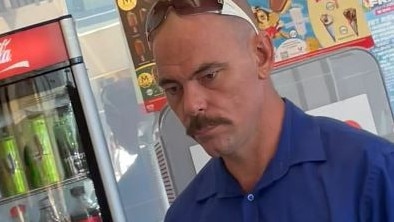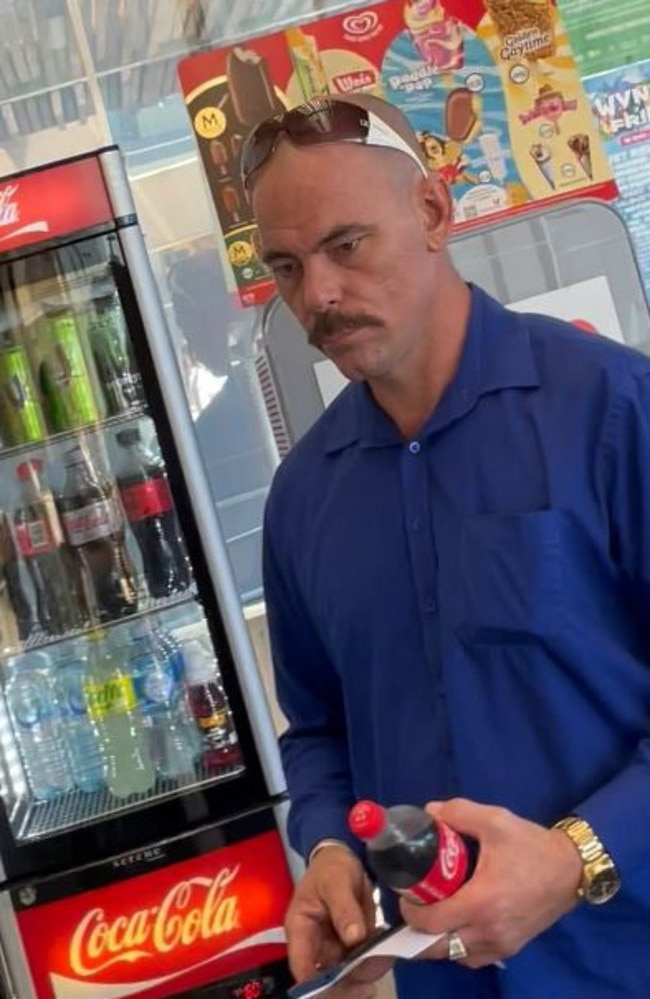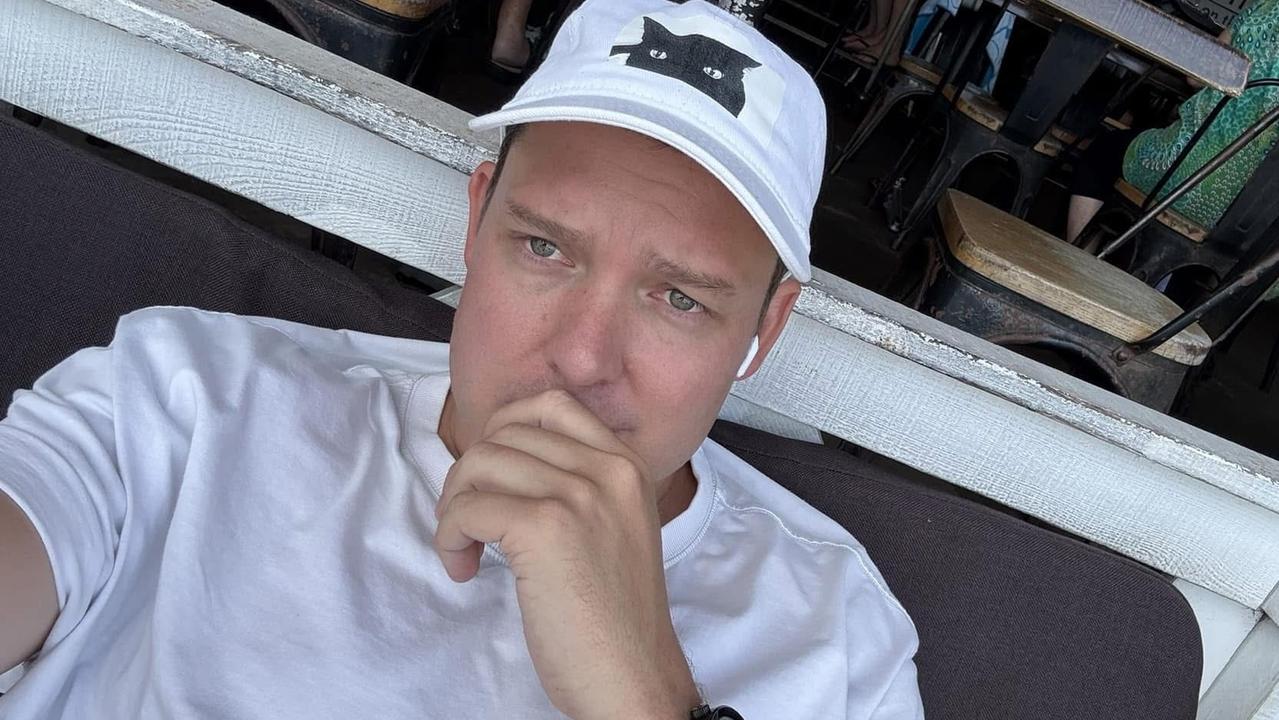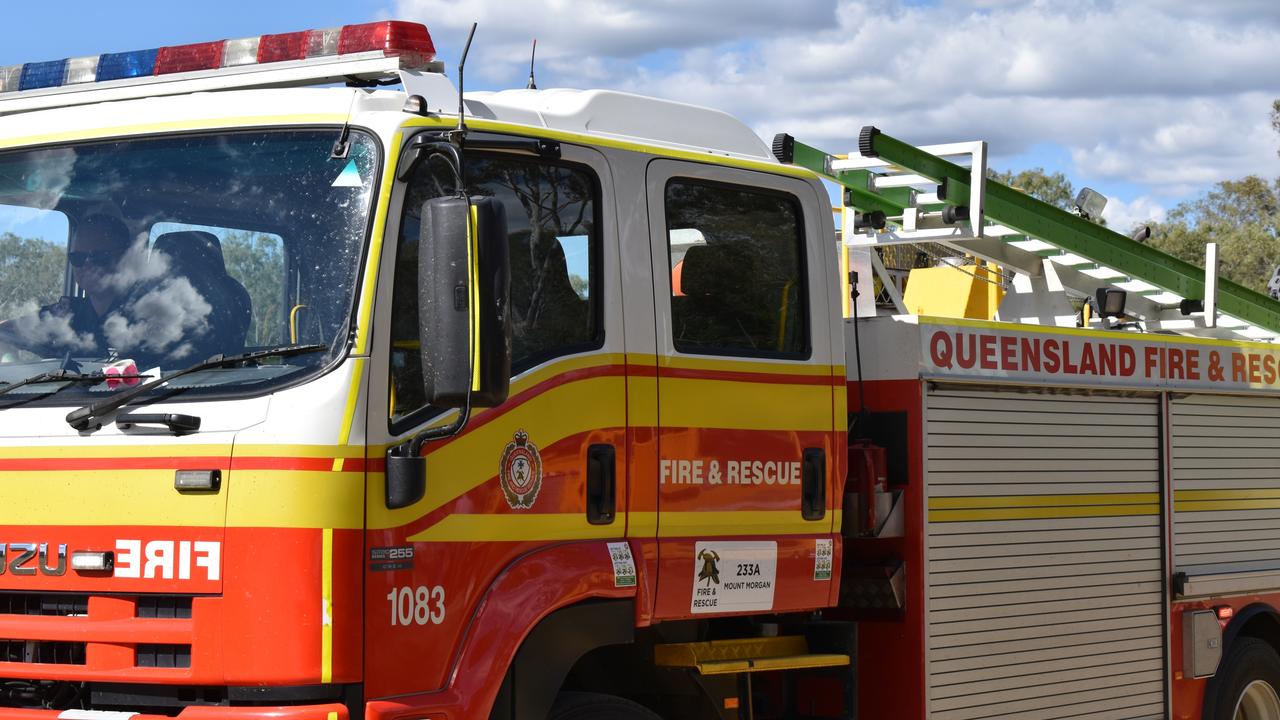Paul Anthony Friswell committed to trial for drug trafficking despite ‘half-baked’ evidence
An Ipswich man accused of running a large drug-dealing operation will stand trial in the Supreme Court despite a magistrate expressing doubts about the “half-baked” evidence against him.

Police & Courts
Don't miss out on the headlines from Police & Courts. Followed categories will be added to My News.
A magistrate has committed an alleged Ipswich drug trafficker to the Supreme Court “by the barest of margins” after criticising the prosecution’s “airy fairy” evidence.
South Ripley resident Paul Anthony Friswell, 42, stands charged with 34 counts of supplying dangerous drugs and one of trafficking dangerous drugs.
His matter resumed for a part-heard hand-up in Ipswich Magistrates Court on December 8, 2022, after previously being adjourned for the prosecution to clarify certain details about the evidence.
Magistrate David Shepherd told the prosecution he would consider the evidence carefully, as Mr Friswell was representing himself in court.
He said he had some “real concerns” about some seeming discrepancies, particularly concerning the mobile phones on which incriminating evidence was alleged to be found.
In November, the court heard the police had searched Mr Friswell’s home in April 2021 and allegedly found quantities of various drugs and located text messages on his phone detailing 34 transactions between May and December 2020.
Some of the text messages were allegedly coded using vague words like “green”, “HB” and “$300 gram” – which police “inferred” were related to drug deals based on knowledge of “pricing in the community”.
Mr Friswell was remanded in custody at the time, but has since been granted bail.
At the December hand-up, Mr Shepherd pointed out there was no admissible evidence to prove the phones allegedly found at Mr Friswell’s house were the same phones the messages were found on as there had been no cross-identification.
He also noted one of the phones messages were allegedly found on was a ZTE, but there had been no mention of a ZTE phone being found at the house – and there was no information as to how many of the charges related to evidence from that device.

Mr Shepherd said there was also no evidence to link Mr Friswell to the phones, aside from the fact they had allegedly been found in his residence.
He asked: “If you can’t link him to the phones, what’s the point of looking at all the messages?”
“Police have got submissions about it relating to drug sales and so this half-baked inquiry is made, a lot of material is thrown on the table, and it’s expected that Mr Friswell – who’s unrepresented – and I are supposed to go through and sort out what it is the Crown says their case is?”
Mr Shepherd was particularly concerned that Mr Friswell’s home had allegedly been broken into shortly prior to the police’s search and said that was one potential explanation for the phones being located at his house.
He also noted there appeared to be a woman residing at Mr Friswell’s home at the time, as she had been present in police body-worn camera footage, and he questioned whether she had also been charged.
Crown prosecutor Connor Lovett said he didn’t have any information to suggest that.
“It’s all just too airy-fairy,” said Mr Shepherd.
“Why is the Crown coming along here with half a case in circumstances where it may be open to get that evidence – and then presenting this and saying ‘this is close enough?’”
“The links are simply not there, the connection is simply not there in strict legal evidentiary terms,” he said.
Mr Lovett said the prosecution accepted the circumstantial nature of the evidence, but submitted regardless that “a properly instructed jury” could be satisfied beyond reasonable doubt that the phones were linked to Mr Friswell, and therefore also be satisfied he was linked to drug trafficking.
Mr Shepherd said despite “a number of unsatisfactory features” and some “technical questions of admissibility” that would be a matter for the trial judge, he was satisfied “by the barest of margins” there was enough evidence for the case to proceed.
“It would serve the director’s office much better to present cases of a serious nature such as this, which have to be committed to the Supreme Court, in a much more orderly and constructive manner,“ he said.
The matter was committed for trial in the Supreme Court of Brisbane at an unknown date.
Mr Friswell chose not to enter a plea at that stage, and his bail was enlarged.




